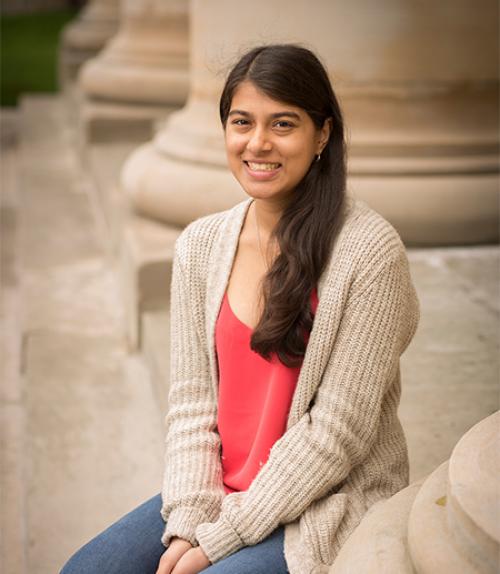
Anita Venkatesh: 'I now look at things from multiple perspectives'
 Department Homepage
The College of Arts & Sciences
Department Homepage
The College of Arts & Sciences

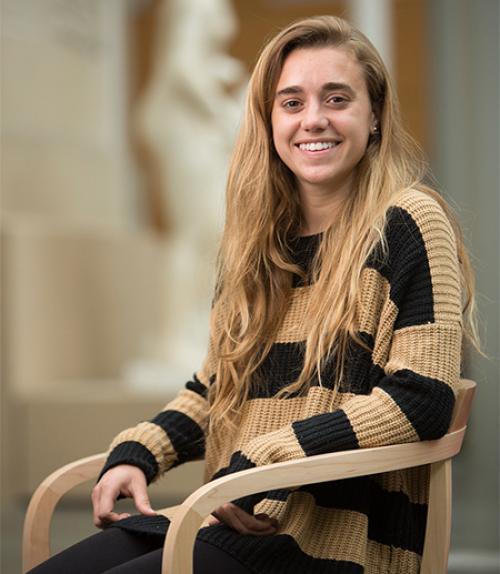
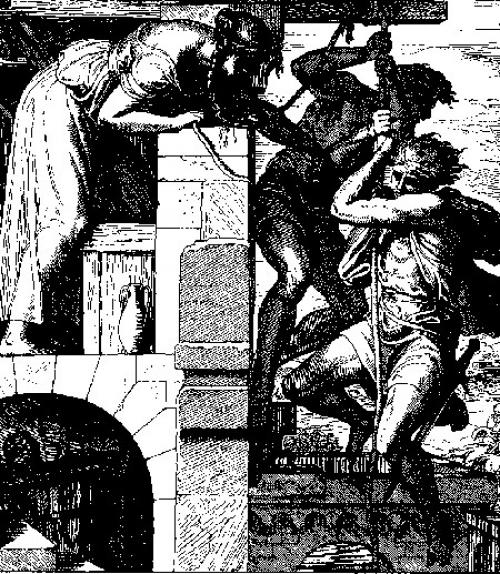
Like many good mysteries, it began with innocent curiosity. Michael Fontaine was on paternity leave and, wanting “a small project” to occupy him between baby duties, thought he’d write about “Mater-Virgo,” a 17th-century play by Lutheran pastor Joannes Burmeister, based on a work by the Roman playwright Plautus.
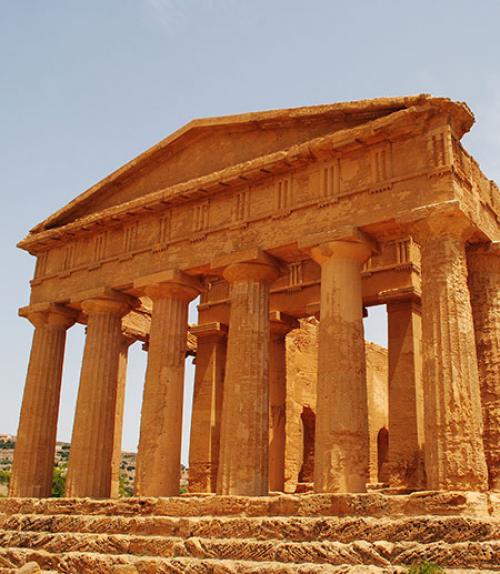
To understand the past – and, often, the present – we group people together, attributing the same characteristics to individuals in a group as we do to the group as a whole, especially when it comes to religion.Éric Rebillard challenges this approach in a new book, co-edited with Jörg Rüpke, titled “Group Identity and Religious Individuality in Late Antiquity.”
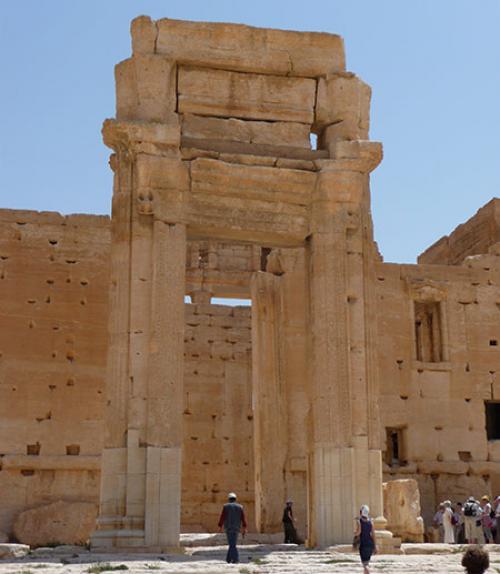
Sturt Manning, professor of Classics, writes in this piece for CNN about efforts to erase the rich history of Palmyra.
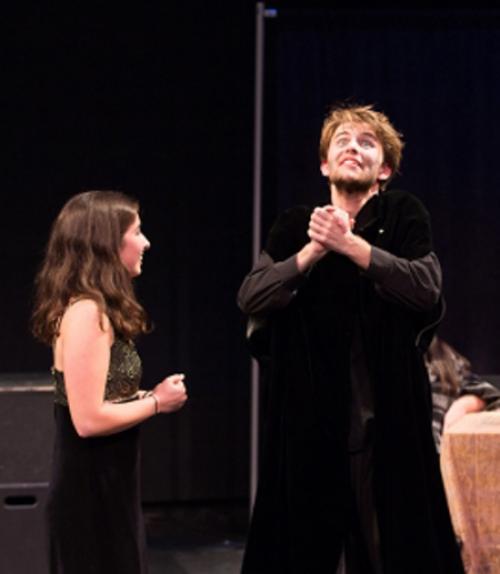
Classics students add modern twists to Euripedes play.
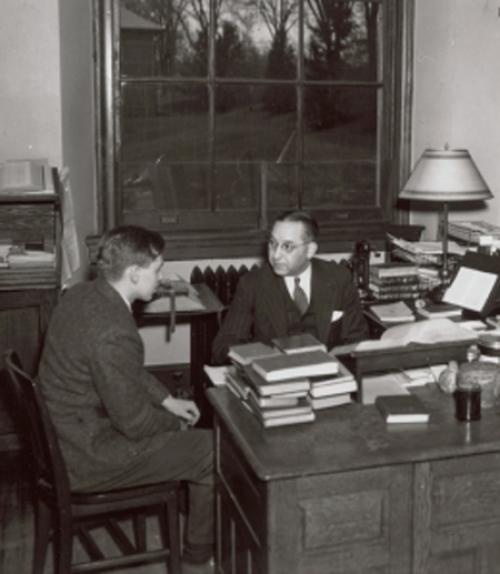
This spring marks the 100th anniversary of Harry Caplan’s graduation from Cornell. After receiving his doctorate, Caplan, Class of 1916, M.A. ’17, Ph.D. ’21, joined the faculty and over a nearly 50-year career as a professor of classics became one of Cornell’s most beloved and inspiring teachers.
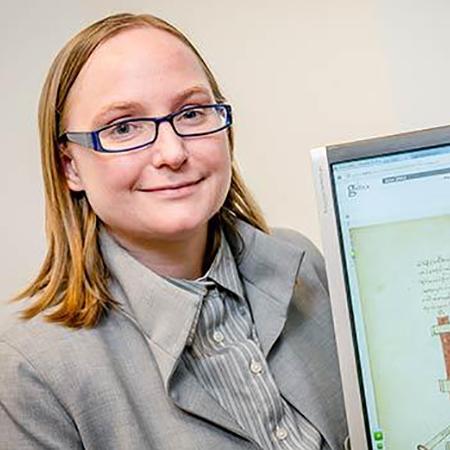
Courtney Roby, assistant professor of classics, had some big questions as she was working as an electrical engineer. See how she found the answers in classics.
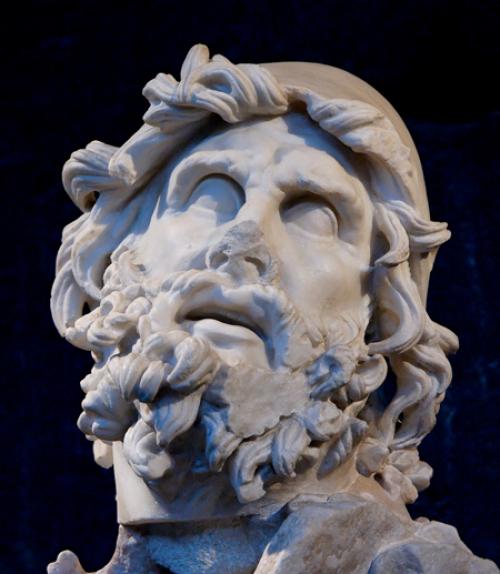
Students and scholars can now freely search a new database of Latin and Greek authors that provides links to online versions of their works.The database, the Classical Works Knowledge Base (CWKB), contains metadata about 5,200 works by 1,500 ancient authors, allowing users with a limited knowledge of the classics’ canonical citation system to simply link to passages of digital texts.
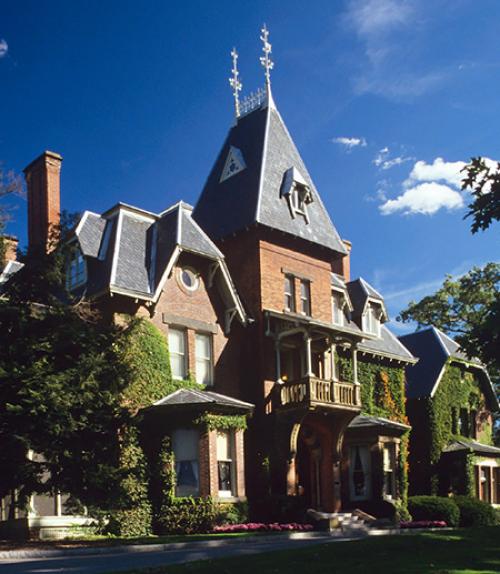
For 50 years, the Society for the Humanities has fostered path-breaking scholarship in the humanities. It has sponsored numerous internal grants, workshops and funding opportunities for Cornell faculty and graduate students in the humanities, as well as hosting over 100 annual lectures, workshops, colloquia and conferences organized by Cornell’s distinguished humanities faculty.
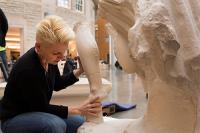
Once, she soared above the heads of Cornell greats like A.A. Ammons and Roald Hoffmann as they debated the great questions of their time in the Cast Gallery of Goldwin Smith, later turned into the Temple of Zeus café. Then for years she lay forgotten, abandoned to dust and mold and neglect.
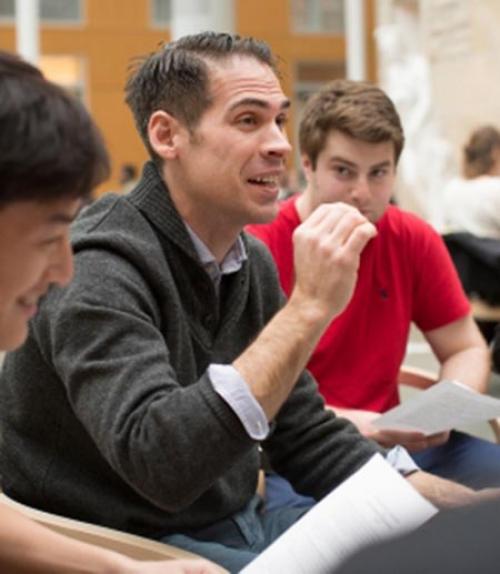
A new Foreign Language Across the Curriculum (FLAC) class allows students to earn course credit while learning to converse in Latin.
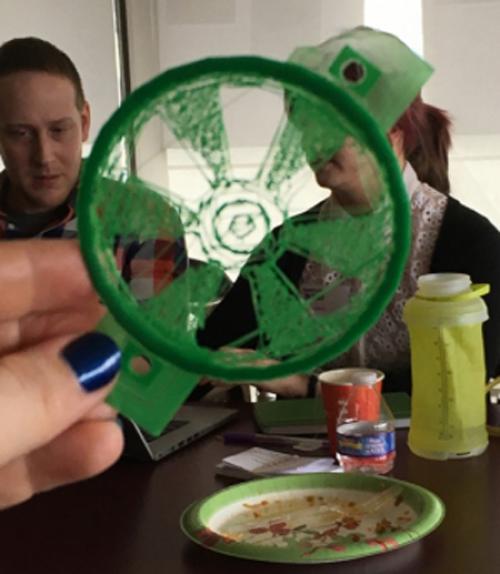
At the Central New York THAT (The Humanities and Technology) Camp held in Olin Library, there were no official presenters, while participants voted on workshop topics and met in collaborative sessions.The informal structure suited the subject matter, since digital humanities is a relatively new and rapidly evolving field.
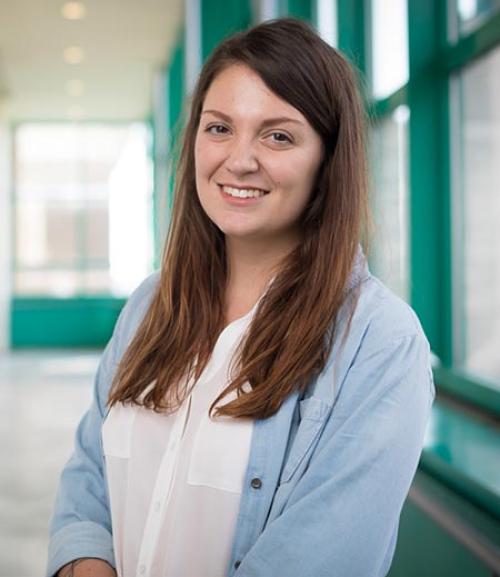
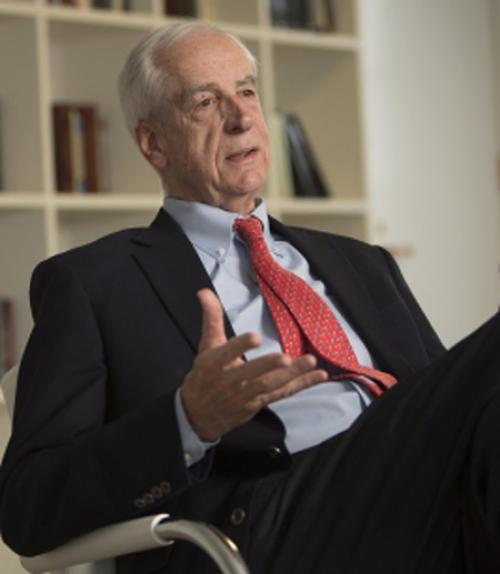
Interim President Hunter R. Rawlings III says he'll continue to work on the late President Elizabeth Garrett's priorities.
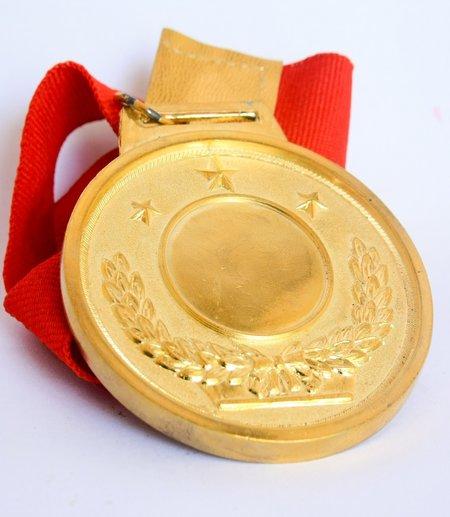
Students from throughout the college were honored recently for their accomplishments.
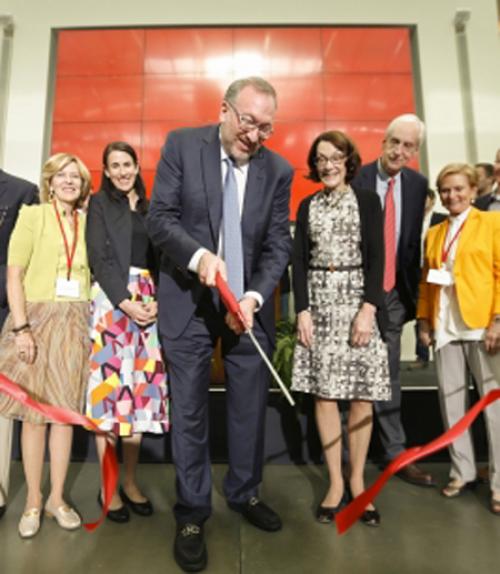
"The space itself is a perfect expression of our commitment to the humanities," says Dean Gretchen Ritter '83.
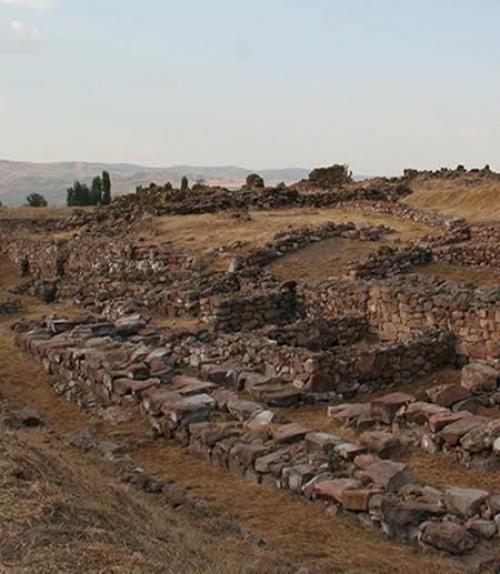
For decades, scholars have debated about the chronology of this period, sometime being as much as 150 years or more apart.
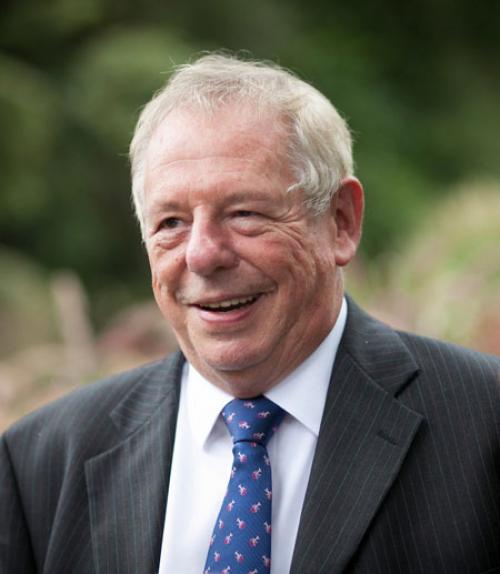
“Wordplay and Powerplay in Latin Poetry,” a book in honor of Frederick Ahl edited by two of his former students, has just been released. The volume comes out of a conference titled “Speaking to Power in Latin and Greek Literature,” which was organized in honor of Ahl at Cornell University in September 2013.
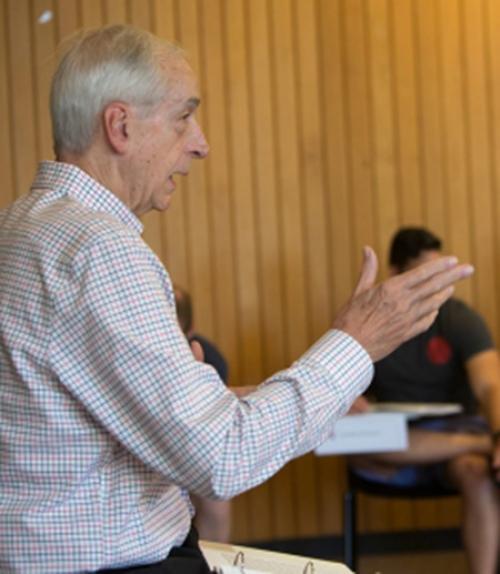
Imagine serving in the military, having life-changing experiences, then re-entering civilian life only to realize that to fulfill your dreams you need to go to college.
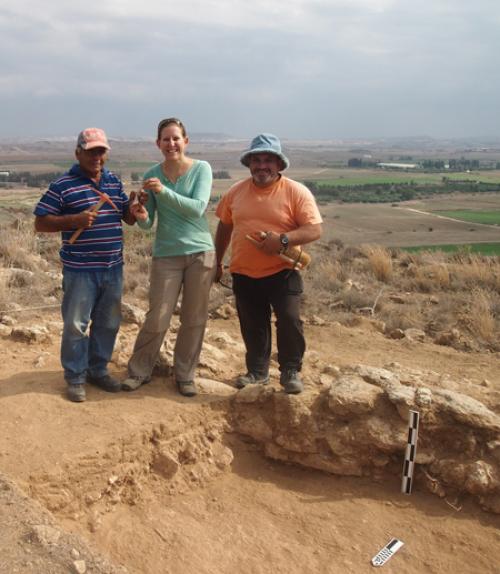
The Fulbright and NSF-funded scholar will spend nine months on the island surveying fortresses and villages.
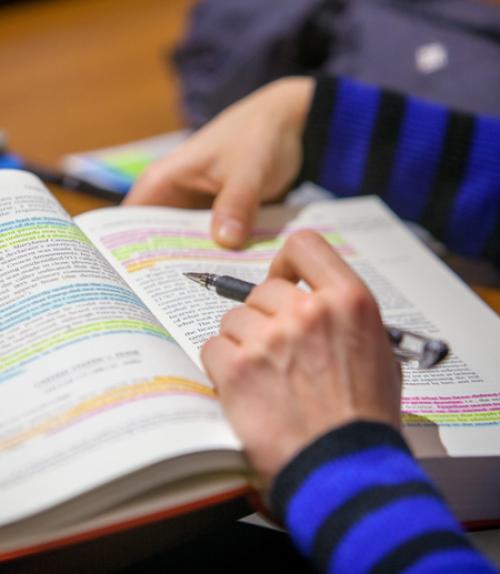
Twelve Cornell assistant professors, including three from the College of Arts & Sciences, have been awarded research grants by the Affinito-Stewart Grants Program.The program, administered by the President’s Council of Cornell Women (PCCW), aims to increase the long-term retention of women on the Cornell faculty by supporting the completion of research important in the tenure process.
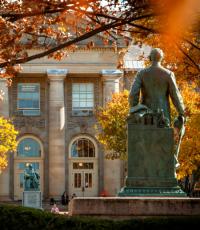
“The curriculum belongs to the faculty, 100 percent,” declared Interim President Hunter Rawlings at a faculty forum Jan. 23 in the Rhodes Rawlings Auditorium in Klarman Hall.
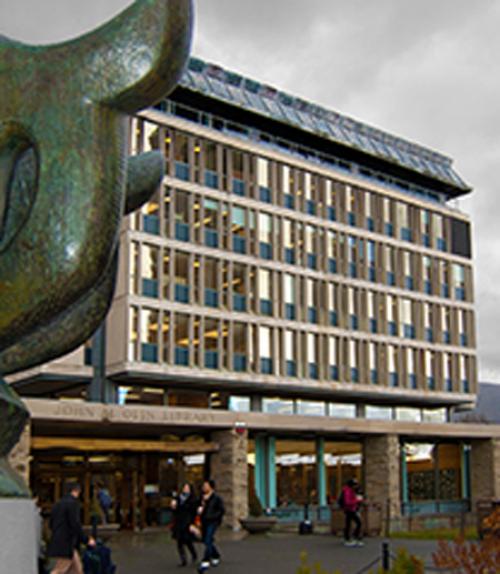
With so much research and exploration being conducted online, having material available digitally is vitally important to faculty and students.
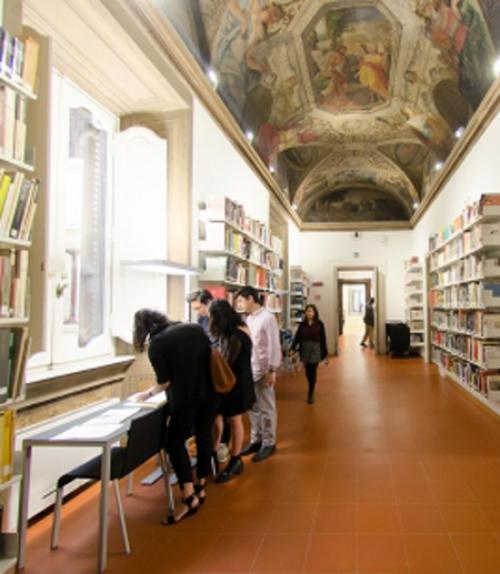
Cornell in Rome will celebrate its 30th anniversary with an event featuring tours, receptions, lunches, and panels on art, architecture and the humanities.